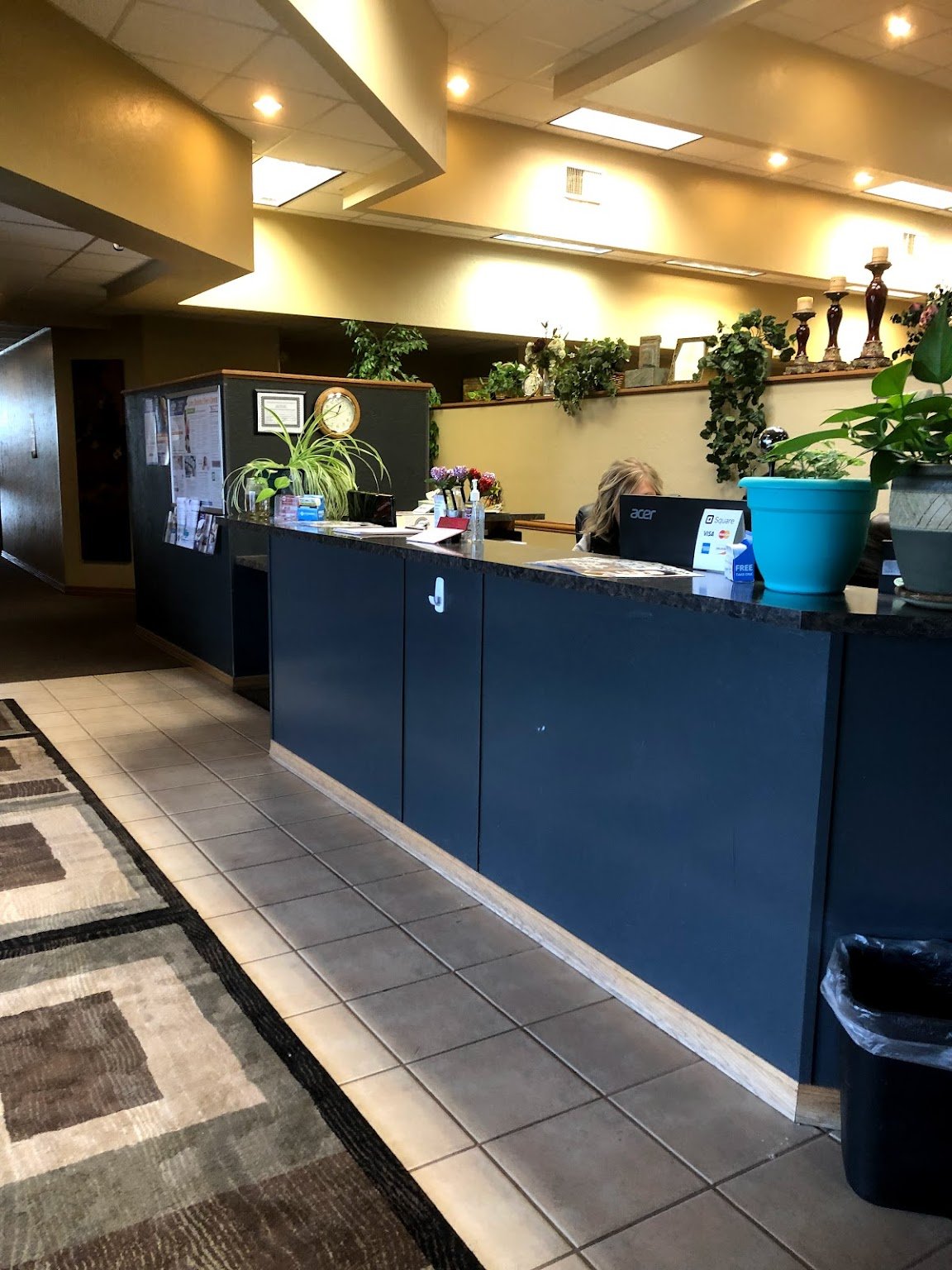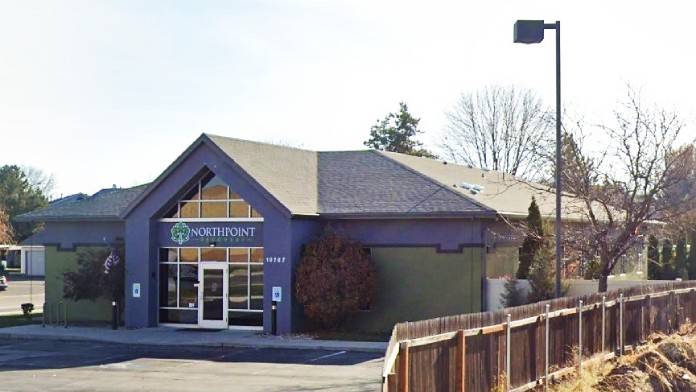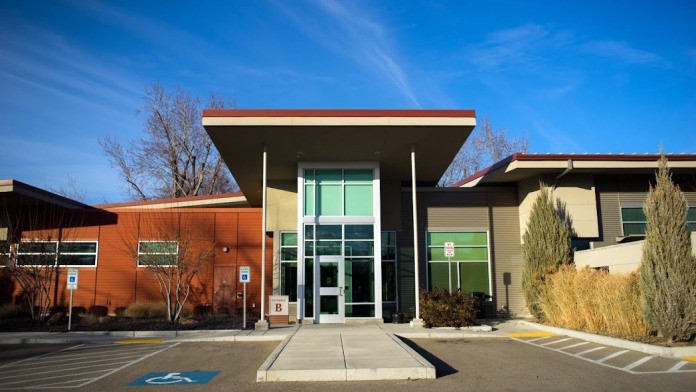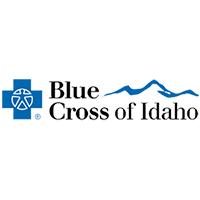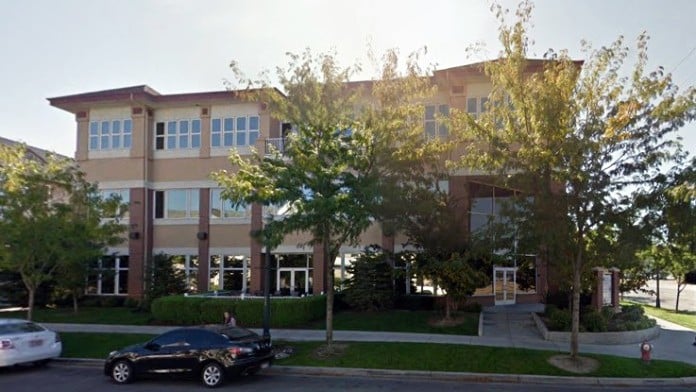They really cared. I went to the walker center at my lowest point and they helped me tackle my issues and identify why I kept relapsing. Amazing staff some of whom had been through it themselves before so I could tell they knew what they were talking about.
About Walker Center
They accept multiple private insurers like Magellan, Beacon, and Select Health. Even if you don’t have insurance, you can still get the help you need. You can access flexible payment plans and state funding. Additionally, you may be eligible for free treatment through their HOPE Scholarship.
Something neat about this facility is that they offer separate inpatient programs for drug and alcohol addiction. They recognize that these diseases are different and there isn’t a one size fits all approach to treatment. Both programs last eight weeks and include family counseling, detoxification services, and therapeutic outings in nature. Some of the topics discussed during family sessions include how to cope with your emotions, how to prevent relapse, and how to create lasting change through recovery.
For me, their holistic features caught my eye the most. You’ll benefit from restoration through team-building activities, ROPES courses, meditation, therapeutic outings, fitness, and more. You can even access an onsite health educator to create a curated wellness and nutritional plan. They provide a supportive environment to enhance every part of your well-being.
I also love that they offer continuous support before, during, and after treatment. You can access an alumni group to stay focused on sustaining recovery. They can also connect you to their sober house for continuing care.
Latest Reviews
We're truly sorry to hear that your experience at The Walker Center didn’t meet your expectations. Your feedback is appreciated.
We strive to provide a safe, supportive, and respectful environment for everyone in our care. It is unfortunate your experience was not good for you and happy to hear you found another option. We apologize if any of our staff contributed to those feelings.
While we can’t speak to specific details publicly, if you’re open to it, we would appreciate the opportunity to talk further and better understand what happened. Please feel free to contact our leadership team directly. We wish you continued healing on your journey and hope you’ve found a space that feels safe and empowering for you.
Rehab Score
Gallery
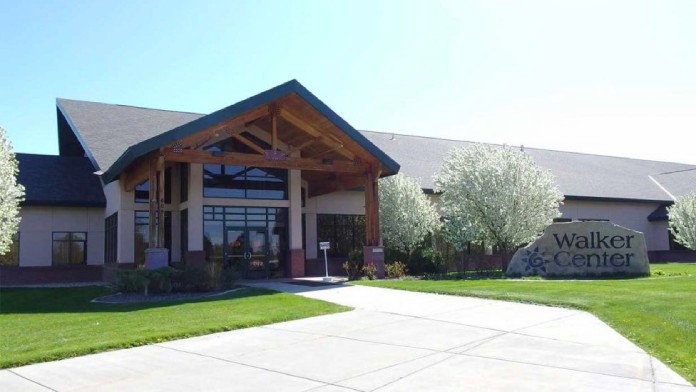
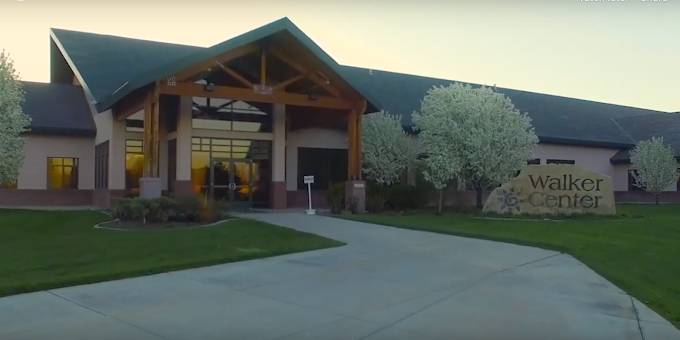
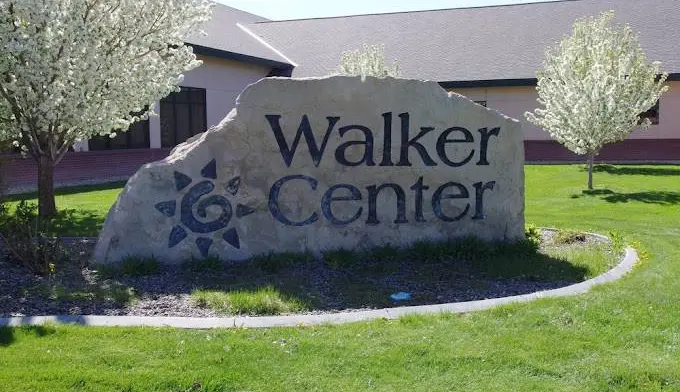
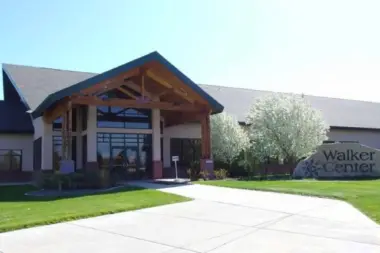
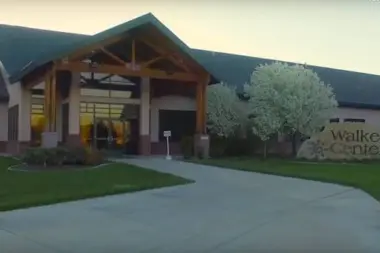
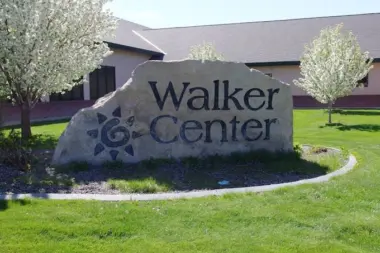
Accepted Insurance


Other Forms of Payment
Private insurance refers to any kind of healthcare coverage that isn't from the state or federal government. This includes individual and family plans offered by an employer or purchased from the Insurance Marketplace. Every plan will have different requirements and out of pocket costs so be sure to get the full details before you start treatment.
Self-pay involves paying for treatment out of your own pocket. You can use savings or credit, get a personal loan, or receive help from family and friends to fund your treatment. If you don't have insurance or your insurance plan doesn't cover a specific program, self-pay can help ensure you still get the care you need.
Financial aid can take many forms. Centers may have grants or scholarships available to clients who meet eligibility requirements. Programs that receive SAMHSA grants may have financial aid available for those who need treatment as well. Grants and scholarships can help you pai for treatment without having to repay.
Sliding scale payments are based on a client's income and family size. The goal is to make treatment affordable to everyone. By taking these factors into account, addiction recovery care providers help ensure that your treatment does not become a financial burden to you or your family, eliminating one barrier to care.
Addiction Treatments
Levels of Care
Outpatient programs are for those seeking mental rehab or drug rehab, but who also stay at home every night. The main difference between outpatient treatment (OP) and intensive outpatient treatment (IOP) lies in the amount of hours the patient spends at the facility. Most of the time an outpatient program is designed for someone who has completed an inpatient stay and is looking to continue their growth in recovery. Outpatient is not meant to be the starting point, it is commonly referred to as aftercare. The Walker Center Outpatient Treatment Program is offered in Twin Falls, Idaho. The outpatient program provides clients with the tools to structure a substance-free lifestyle and the support to maintain abstinence from drugs and alcohol. Treatment is individualized for each client based on the client’s initial assessment and ongoing progress in treatment as assessed by the American Society of Addiction Medicine Criteria.
Residential treatment programs are those that offer housing and meals in addition to substance abuse treatment. Rehab facilities that offer residential treatment allow patients to focus solely on recovery, in an environment totally separate from their lives. Some rehab centers specialize in short-term residential treatment (a few days to a week or two), while others solely provide treatment on a long-term basis (several weeks to months). Some offer both, and tailor treatment to the patient's individual requirements. The Walker Center’s residential program is for adults over the age of 18 and treats drug and alcohol addiction as a disease. The client’s length of stay at The Walker Center is determined by clinical needs, minimum standard stay is 28 days. Their residential program, located in a beautiful, modern facility in Gooding, Idaho, offers gender-specific and gender-separate treatment. This best practice standard gives clients the opportunity to discuss important issues and explore the realities of their addiction without the distraction that often comes in mixed-gender programs.
Intensive Outpatient programs are for those who want or need a very structured treatment program but who also wish to live at home and continue with certain responsibilities (such as work or school). IOP substance abuse treatment programs vary in duration and intensity, and certain outpatient rehab centers will offer individualized treatment programs.
Drug and alcohol addiction often takes a heavy toll on one's body. Over time, a physical dependence can develop, meaning the body physiologically needs the substance to function. Detox is the process of removing drugs and/or alcohol from the body, a process that can be lethal if mismanaged. Medical detox is done by licensed medical professionals who monitor vital signs and keep you safe, healthy, and as comfortable as possible as you go through detox and withdrawal.
At certain points in the recovery process, it's important to have support available 24/7. 24-hour clinical care offers a safe environment in which to recover from drug or alcohol addiction in peace, knowing medical detox and other treatment will happen with professionals on hand.
12-step programs are addiction recovery models based on Alcoholics Anonymous (AA). A number of substance abuse programs (including some drug and alcohol rehab centers) use the 12 steps as a basis for treatment. Beginning steps involve admitting powerlessness over the addiction and creating a spiritual basis for recovery. Middle steps including making direct amends to those who've been hurt by the addiction, and the final step is to assist others in addiction recovery in the same way. 12-Step offshoots including Narcotics Anonymous (NA), Cocaine Anonymous (CA), Dual Recovery Anonymous (DRA), Sex and Love Addicts Anonymous (SLAA) and Gamblers Anonymous (GA).
Treatments
The goal of treatment for alcoholism is abstinence. Those with poor social support, poor motivation, or psychiatric disorders tend to relapse within a few years of treatment. For these people, success is measured by longer periods of abstinence, reduced use of alcohol, better health, and improved social functioning. Recovery and Maintenance are usually based on 12 step programs and AA meetings.
Drug rehab in Idaho provides treatment for addiction to drugs. It usually includes a combination of treatment methods that can involve counseling, medication, and a variety of evidence-based therapies. Programs are designed to help individuals manage their substance use disorder long-term.
Opioid rehabs specialize in supporting those recovering from opioid addiction. They treat those suffering from addiction to illegal opioids like heroin, as well as prescription drugs like oxycodone. These centers typically combine both physical as well as mental and emotional support to help stop addiction. Physical support often includes medical detox and subsequent medical support (including medication), and mental support includes in-depth therapy to address the underlying causes of addiction.
Substance rehabs focus on helping individuals recover from substance abuse, including alcohol and drug addiction (both illegal and prescription drugs). They often include the opportunity to engage in both individual as well as group therapy.
Programs
Adult rehab programs include therapies tailored to each client's specific needs, goals, and recovery progress. They are tailored to the specific challenges adult clients may face, including family and work pressures and commitments. From inpatient and residential treatment to various levels of outpatient services, there are many options available. Some facilities also help adults work through co-occurring conditions, like anxiety, that can accompany addiction.
Young adulthood can be an exciting, yet difficult, time of transition. Individuals in their late teens to mid-20s face unique stressors related to school, jobs, families, and social circles, which can lead to a rise in substance use. Rehab centers with dedicated young adult programs will include activities and amenities that cater to this age group, with an emphasis on specialized counseling, peer socialization, and ongoing aftercare.
Clinical Services
Cognitive Behavioral Therapy (CBT) is a therapy modality that focuses on the relationship between one's thoughts, feelings, and behaviors. It is used to establish and allow for healthy responses to thoughts and feelings (instead of unhealthy responses, like using drugs or alcohol). CBT has been proven effective for recovering addicts of all kinds, and is used to strengthen a patient's own self-awareness and ability to self-regulate. CBT allows individuals to monitor their own emotional state, become more adept at communicating with others, and manage stress without needing to engage in substance abuse.
Dialectical behavior therapy involves individual and group sessions. During individual sessions, you will work on managing intense emotions. Group skills training sessions aim to enhance skills for daily living. They focus on mindfulness, distress tolerance, interpersonal effectiveness, and emotion regulation.
Group therapy is any therapeutic work that happens in a group (not one-on-one). There are a number of different group therapy modalities, including support groups, experiential therapy, psycho-education, and more. Group therapy involves treatment as well as processing interaction between group members.
In individual therapy, a patient meets one-on-one with a trained psychologist or counselor. Therapy is a pivotal part of effective substance abuse treatment, as it often covers root causes of addiction, including challenges faced by the patient in their social, family, and work/school life.
Unlike other more coercive methods, motivational interviewing does not impose change on the client. Instead, the therapist asks questions, listens, and reflects the client's thoughts back to them. This helps the person come to their own conclusions and supports making changes on their own terms based on those conclusions.
The goal of trauma therapy is to help you mentally, emotionally, and physically heal from the effects of witnessing or experiencing a traumatic event. Your therapist helps you process the experience and develop effective coping strategies. This improves your emotional well being and your ability to function in the community.
The Walker Center’s Family Program is designed to help the family and concerned others understand addiction, the ways that addiction has impacted their lives and to develop alternative coping strategies for the future. The Walker Center understands that family or sober support is crucial, as they believe that addiction is a family disease and affects the whole family. Their Family Program provides families an opportunity to communicate and begin healing in a safe, therapeutic environment provided by educational groups and group process.
Nutrition therapy, aka medical nutrition therapy (MNT), is a way of treating physical, emotional, and medical conditions through diet. Specific dietary plans are designed by professional nutritionists or registered dietitians, and patients follow them in order to positively affect their physical and mental health.
Experiential therapy is a form of therapy in which clients are encouraged to surface and work through subconscious issues by engaging in real-time experiences. Experiential therapy departs from traditional talk therapy by involving the body, and having clients engage in activities, movements, and physical and emotional expression. This can involve role-play or using props (which can include other people). Experiential therapy can help people process trauma, memories, and emotion quickly, deeply, and in a lasting fashion, leading to substantial and impactful healing.
Nicotine replacement therapy gives your body a small, controlled amount of nicotine to reduce withdrawal and cravings. Formats include patches, gum, and lozenges. These tools can double your chances of quitting long term.
Amenities
-
Private Setting
-
Yoga Studio
Staff & Accreditations
Staff
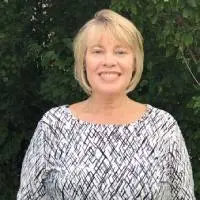
Debbie Thomas, LPC, ICADC, MAC
CEO

Reid W. Lofgran, DO
Medical Director

Chris Comstock, M.Ed.
COO

Sarah Walling-Gifford, LCSW
Director of Clinical Services and Performance
Accreditations

The Commission on Accreditation of Rehabilitation Facilities (CARF) is a non-profit organization that specifically accredits rehab organizations. Founded in 1966, CARF's, mission is to help service providers like rehab facilities maintain high standards of care.
CARF Accreditation: Yes

LegitScript has reviewed Walker Center as part of their certification program, and has determined that it meets the LegitScript standards for legality, safety and transparency.
LegitScript verified in
Contact Information
605 11th Avenue East
Gooding, ID 83330

